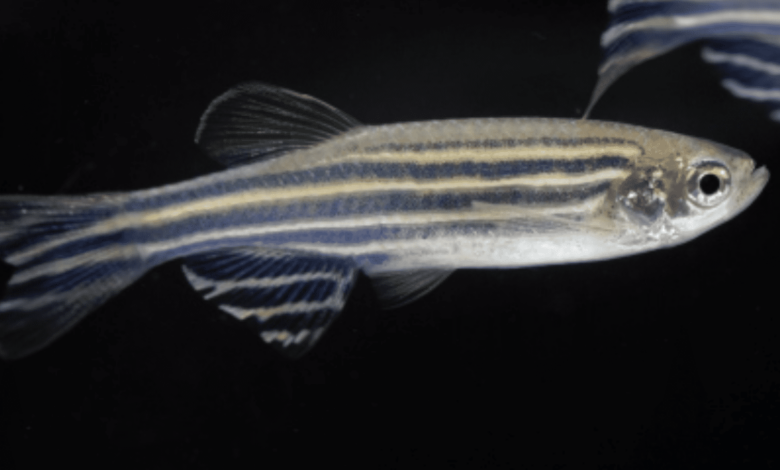OATA hits out at ‘so called’ consultation over SVS change status
The association was given just a few weeks to work out the financial impact on the industry if more controls were introduced on a number of fish, including popular aquarium species such as zebra danios

The Ornamental Aquatic Trading Association (OATA) has used its submission to a consultation on Susceptible and Vector Species (SVS) to complain about the way Defra has handled proposed changes to the disease status of a number of popular aquarium fish.







